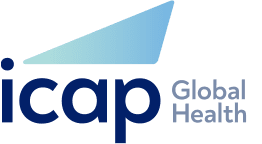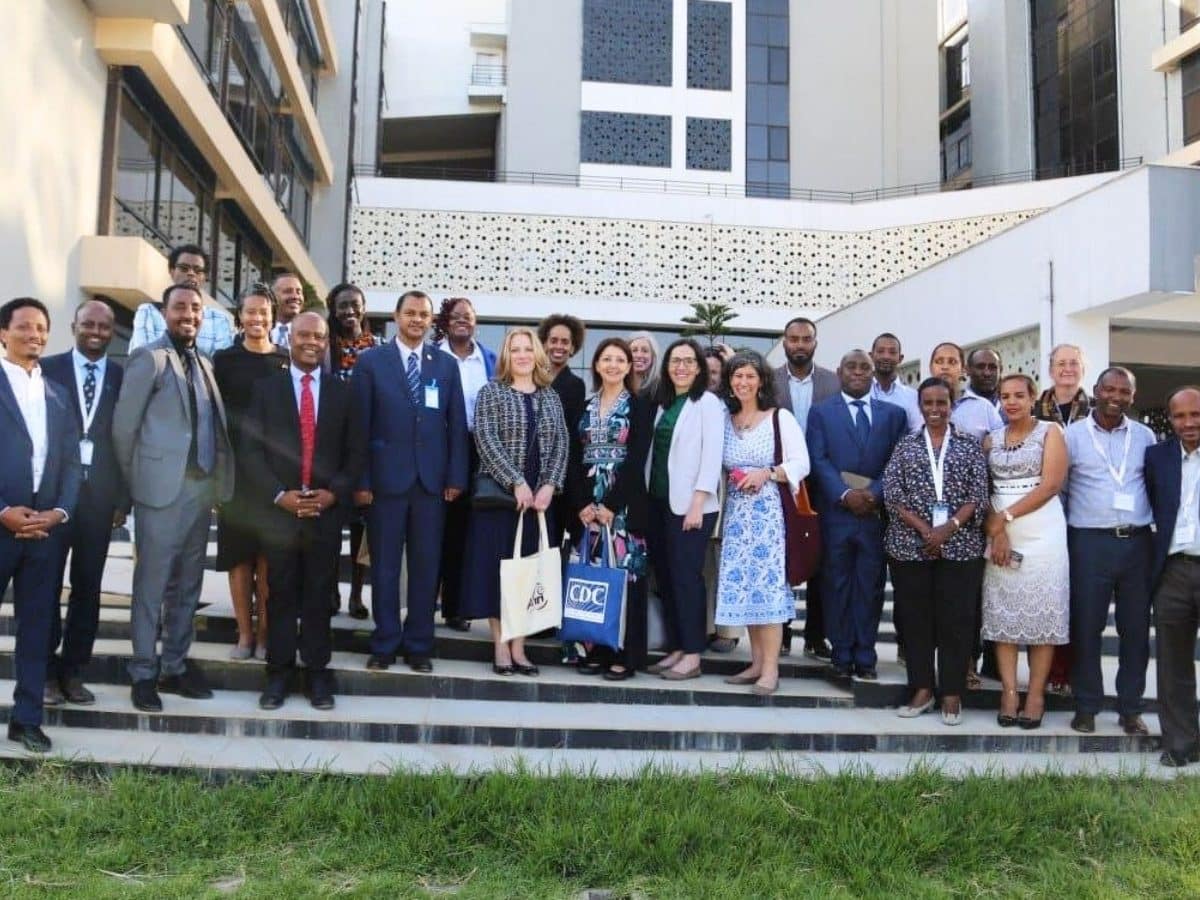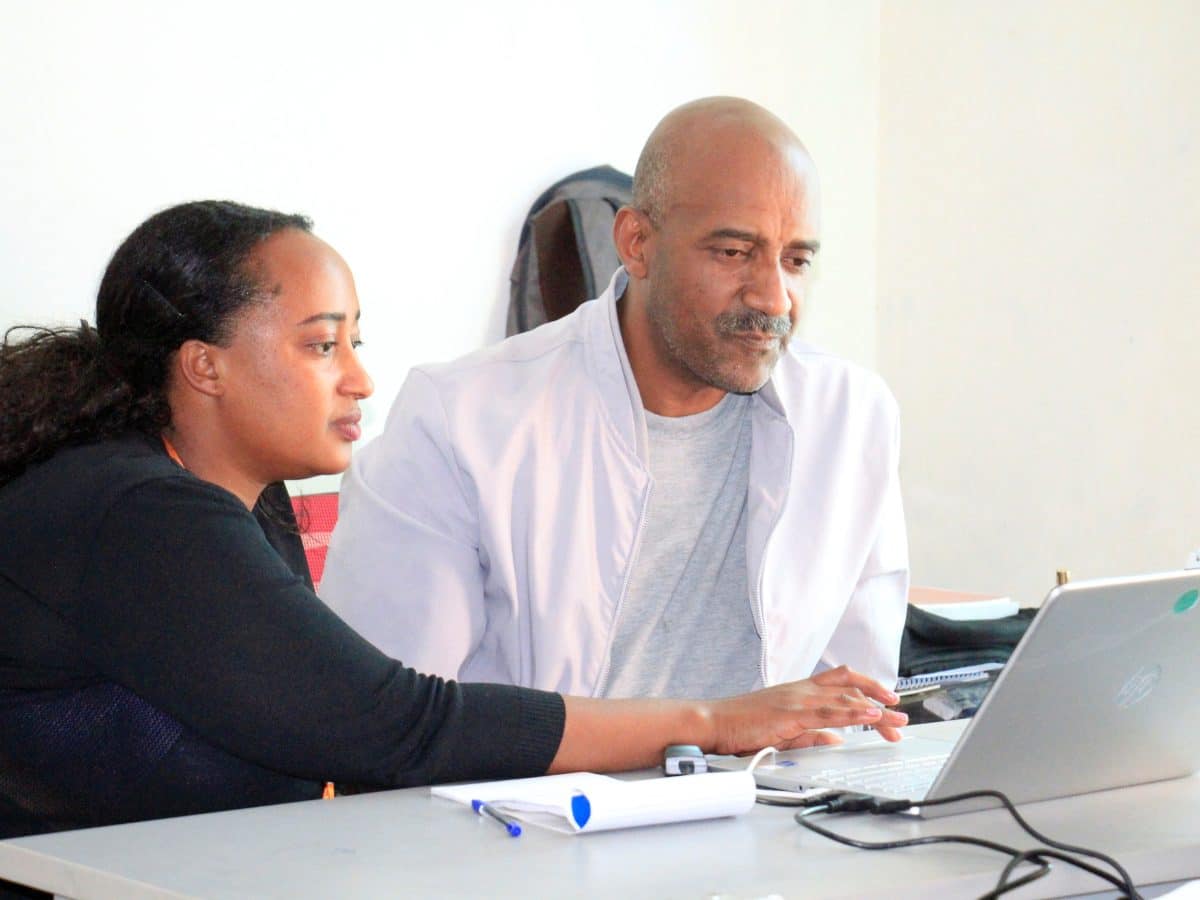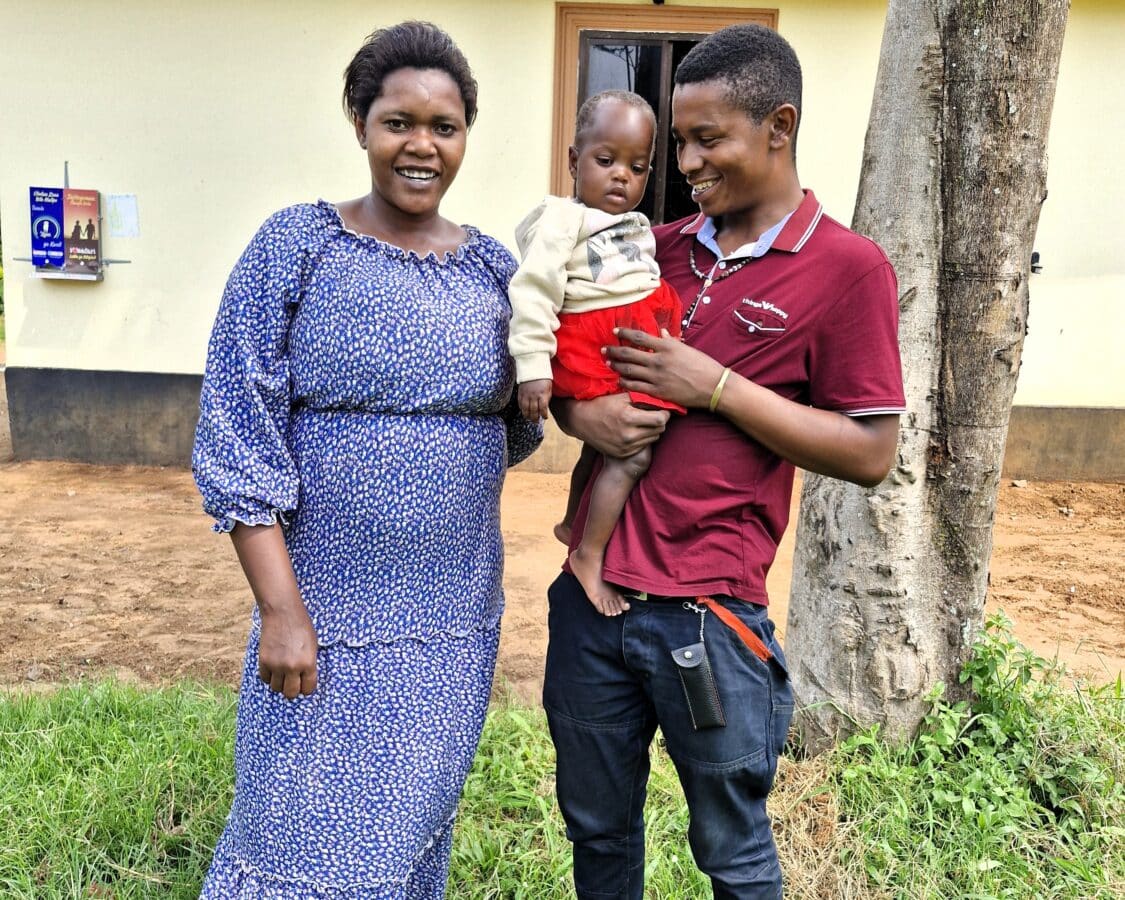ICAP at Columbia University continues to expand its work in Global Health Security (GHS) with two new five-year projects funded by the U.S. Centers for Disease Control and Prevention (CDC). Working with host government ministries of health and other partners to advance key GHS priorities, ICAP will work to bolster infectious disease surveillance systems in countries and regions across the world and foster collaborative strategic planning across Eastern Europe and Central Asia to build regional capacity for global health security.
“The COVID-19 pandemic has put in stark profile the degree to which countries and communities around the world are vulnerable to major health crises,” said Wafaa El-Sadr, MD, MPH, MPA, founder and global director of ICAP. “With these new efforts, ICAP will be drawing on its broad experience and expertise to support advancing Global Health Security that will directly benefit vulnerable regions of the world while contributing to the health and safety of people around the world.”
Strengthening Surveillance Globally
ICAP will work across its expansive network of country and regional offices and beyond to strengthen surveillance systems under the five-year “Enhancing Global Health Security: Strengthening Public Health Surveillance Systems and Preparedness Globally” award. Taking a “One Health” approach, ICAP will advance coordinated surveillance across the public health, animal health, and environmental health sectors. ICAP will also support ministries of health and other agencies to respond to infectious disease outbreaks and promote global coordination to combat COVID-19 and other emerging infectious disease threats.
The project builds on ICAP’s work around the world to strengthen infectious disease surveillance through design, implementation, evaluation, and enhancement of systems capable of identifying and monitoring potential events of concern for public health and GHS. ICAP has extensive experience supporting effective national and cross-border surveillance systems, from protocol development to real-time data management to quality assurance.
“In every context, efficient surveillance systems are a keystone of public health preparedness,” said Tiffany Harris, PhD, MS, director of the strategic information unit at ICAP and principal investigator for the project. “ICAP will leverage its experience, partnerships, and global reach to ensure that robust, integrated surveillance systems support GHS capacity in countries and regions that currently demonstrate gaps in this critical area.”
Regional Strategic Planning for Global Health Security
In the Eastern Europe and Central Asia region (EECA), ICAP will address shortcomings in GHS capacity through coordinated strategic planning. Continuing ICAP’s longstanding engagement in the region with diverse sectors, organizations, and stakeholders, the project will enhance GHS strategic planning through regional assessments, coordinated strategic plan development, and network building to promote sustained regional communication and collaboration.
The five-year project builds on initiatives to strengthen health systems, build GHS capacity, and support HIV interventions in EECA, as well as engagement with key stakeholders throughout the region. For example, in the country of Georgia, ICAP worked with the CDC and ministry of health to expand surveillance and laboratory capacity and develop national guidelines to strengthen IPC and combat antimicrobial resistance (AMR). In response to COVID-19, ICAP is currently supporting Kyrgyzstan and Tajikistan to build capacity in GHS priority areas such as IPC and surveillance and laboratory systems. The project will also draw on ICAP’s experience building regional and multi-country networks and capacity in multiple geographic and issue areas, including ICAP’s leadership in the growing HIV Coverage, Quality, and Impact Network (CQUIN).
“The Eastern Europe and Central Asia region has long been a focal point of ICAP’s health systems strengthening work,” said Andrea Howard, MD, MS, the director of ICAP’s clinical and training unit, and principal investigator for the project. “Under this award, we will build on our track record of improving health outcomes in the region and take advantage of our strong collaborative relationships with all sectors of the health system to make meaningful and necessary advances in Global Health Security in this part of the world.”
———————————–
About ICAP
A major global health organization that has been improving public health in countries around the world for nearly two decades, ICAP works to transform the health of populations through innovation, science, and global collaboration. Based at Columbia Mailman School of Public Health, ICAP has projects in more than 30 countries, working side-by-side with ministries of health and local governmental, non-governmental, academic, and community partners to confront some of the world’s greatest health challenges. Through evidence-informed programs, meaningful research, tailored technical assistance, effective training and education programs, and rigorous surveillance to measure and evaluate the impact of public health interventions, ICAP aims to realize a global vision of healthy people, empowered communities, and thriving societies. Online at www.icap.columbia.edu








